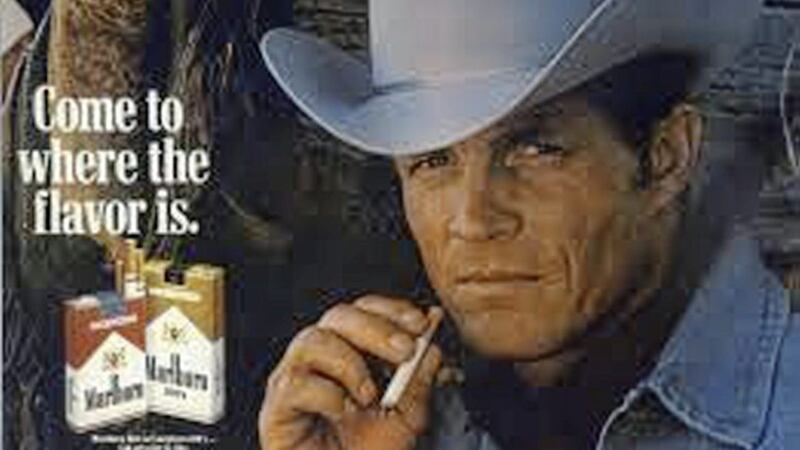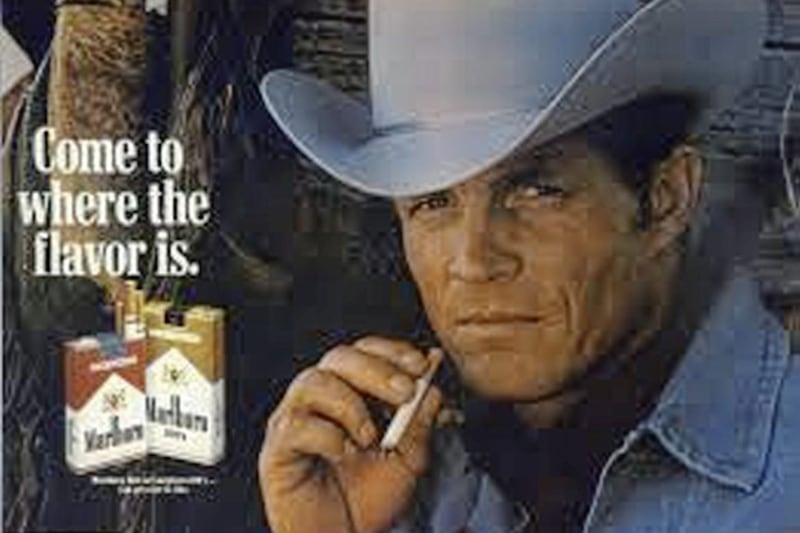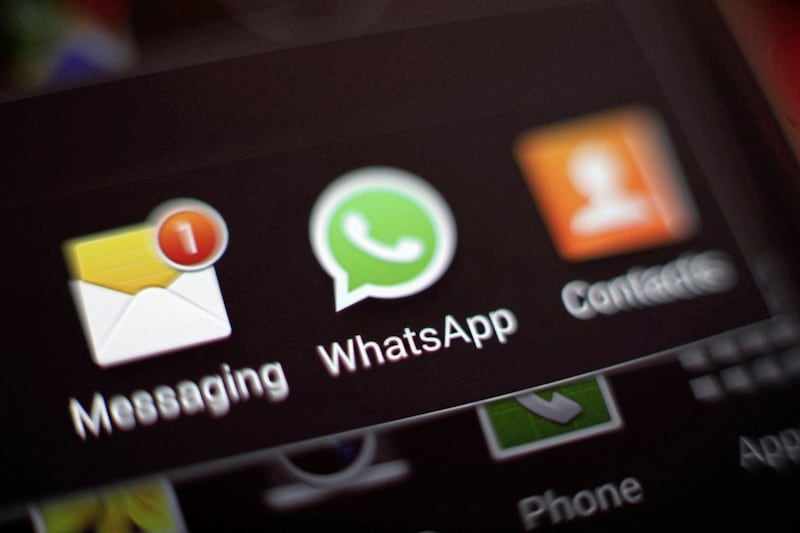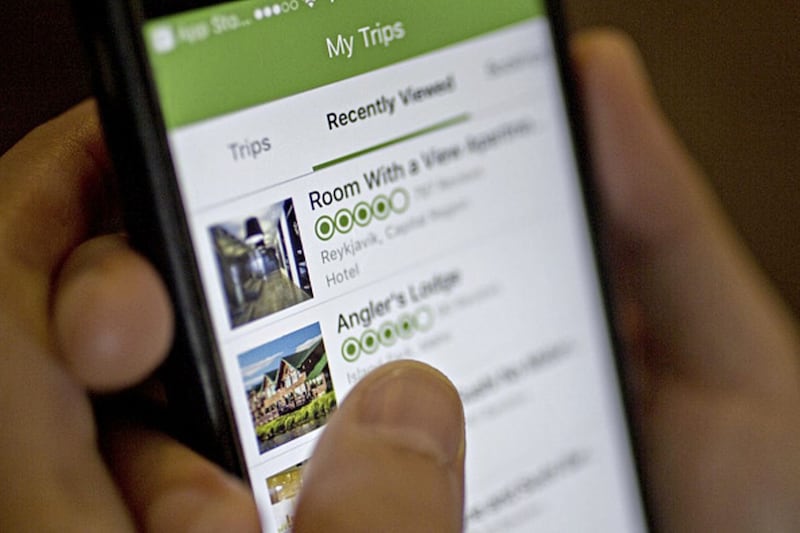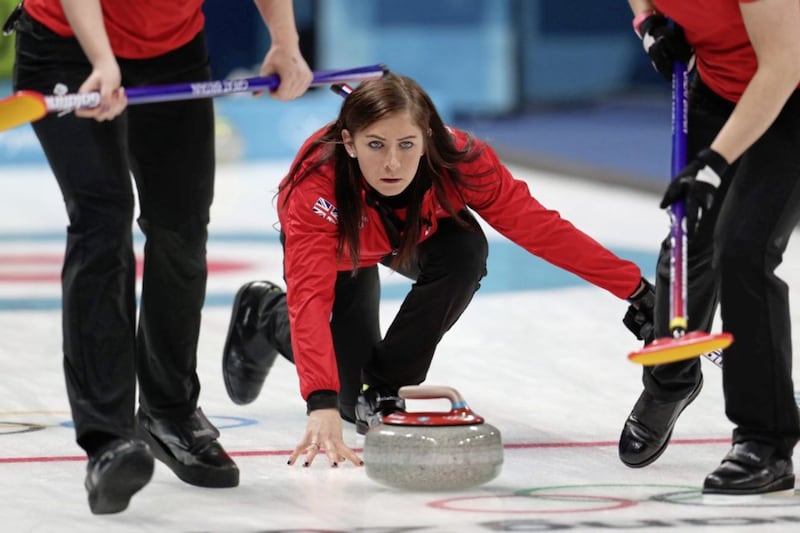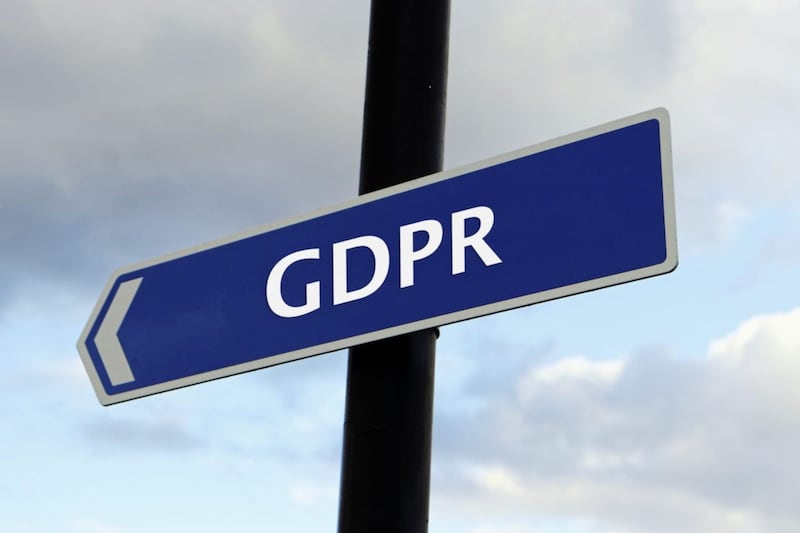MARKETING has the power to influence society, both positively and negatively.
Whilst most campaigns have a short shelf life, once in a while – either because of craftsmanship or luck – a few initiatives endure for decades. They are remembered as landmarks for what marketing can achieve.
Few campaigns can claim to have changed the pattern of daily life. Take the Pan American Coffee Bureau, which helped created the concept of a coffee break at work.
As a corporate interest group, formed in 1952, the bureau devised an ad campaign that piggy-backed on the post-war trend for workplace coffee machines. Give Yourself a Coffee Break – and Get What Coffee Gives to You created a legacy, as well as further iterations of the strapline, that lives on and on.
These days, the mere mention of cigarette ads triggers near-universal disapproval. Yet, whether we like it or not, history will record the Marlboro campaign as a legendary success – notably in the way it shifted the perception of the brand to appeal to men instead of women.
Cue some macho advertising, handled by Chicago advertiser Leo Burnett and a line-up of manly smoking figures, above all, the cowboy. Market share rose from less than 1 per cent to Marlboro becoming a best-seller.
Today, marketing tends to promote a more socially responsible image. Brands are keen to demonstrate their heart is in the right place, often by championing political or social causes.
In 2016, to coincide with the Rio Paralympics, Channel 4 TV launched its Year of Disability and Super Humans campaigns – this after the creation of a ‘360° diversity charter’ encompassing under-represented groups, such as LGBT.
However well-meaning, though, the campaign wasn’t universally celebrated. The reaction of a Guardian columnist – whose partner is an amputee footballer – to the pinned tweet on C4’s Twitter account, ‘There’s no such thing as can’t – Introducing our #superhumans trailer’, was one of irritation. In her view, it was “one of those supposedly ‘inspirational’ phrases that… is silly, facile and untrue”.
From warm words to shock tactics: there are many ways for campaigns to be memorable. Benetton, infamously, pursued shock, claiming its ads featuring a dying Aids patient or the bloody clothes of a dead Croatian soldier were more about communicating ‘social messages’ than promoting fashion.
If nothing else, these punctured the cliché that all publicity is good publicity. In Germany, Benetton’s biggest market, sales plummeted. The company sued retailers for refusing to pay their bills, and they counter-sued for the money allegedly lost because of ads.
Although not every classic marketing campaign meets today’s ethical standards, all the examples cited here have one thing in common: they permanently moved the needle in terms of what marketing could achieve in a wider context.
With a more responsible world view, today’s marketers can look back at what made these campaigns successful and seek to create work that resonates through the ages.
